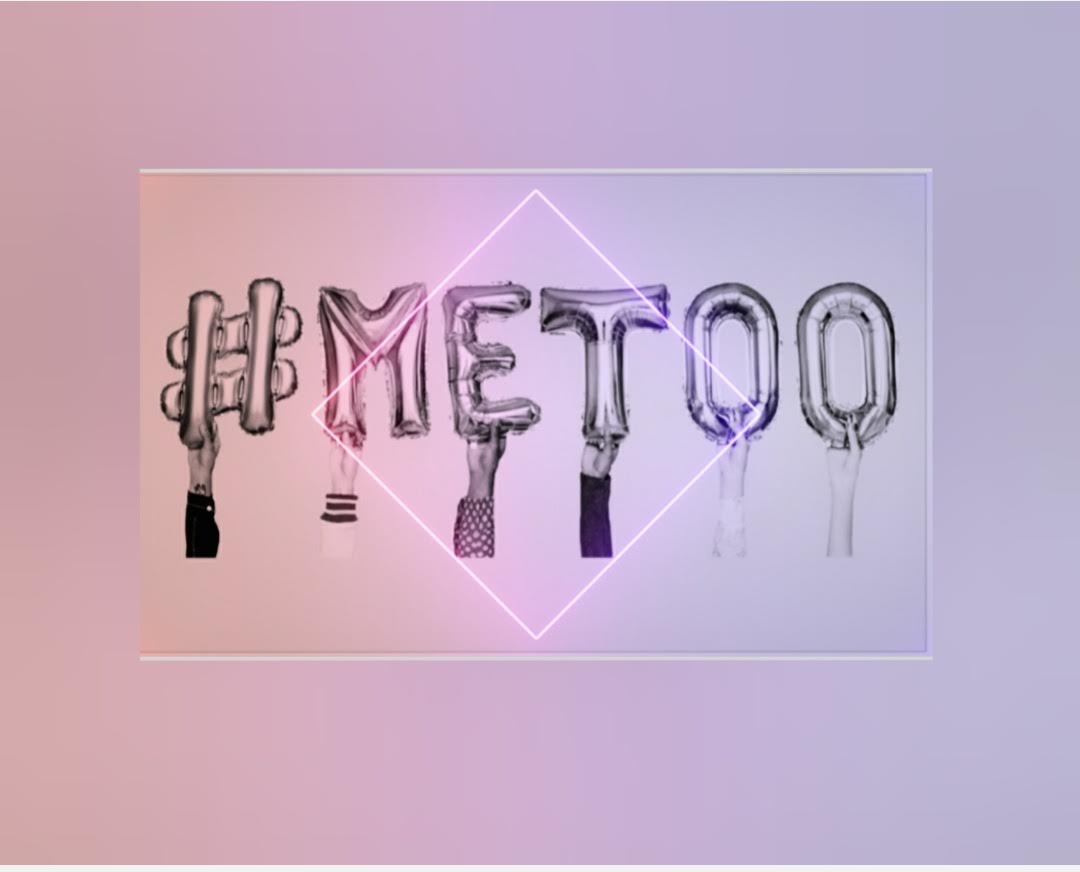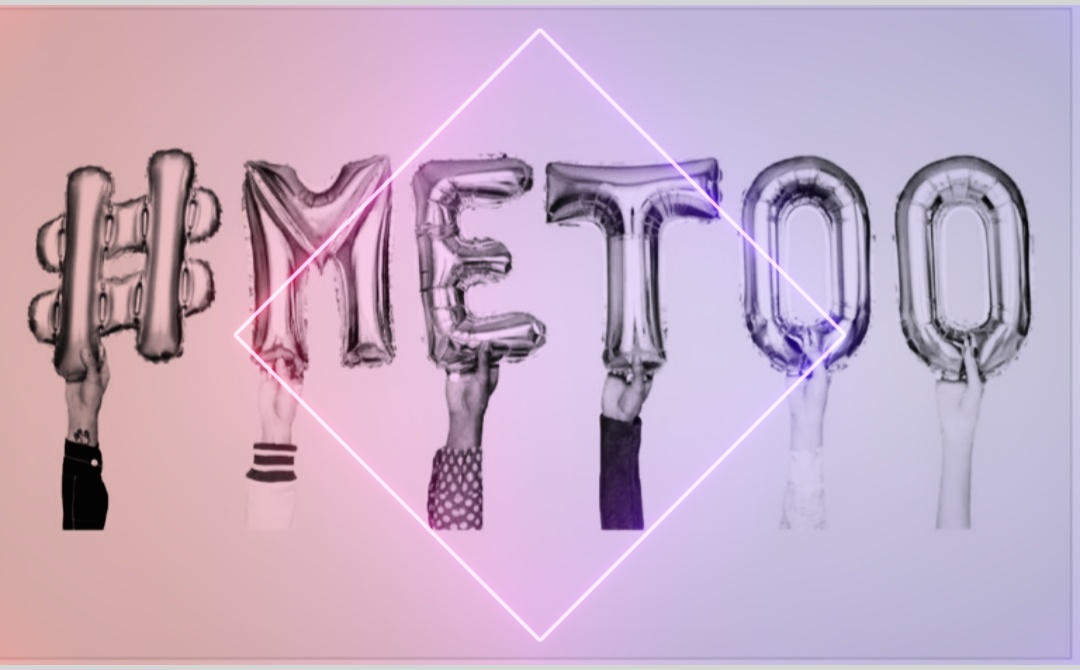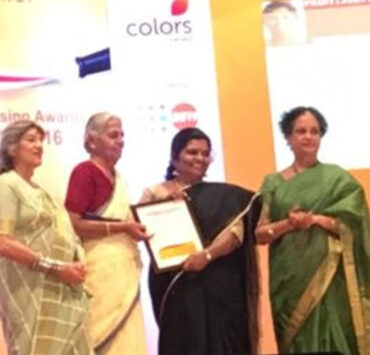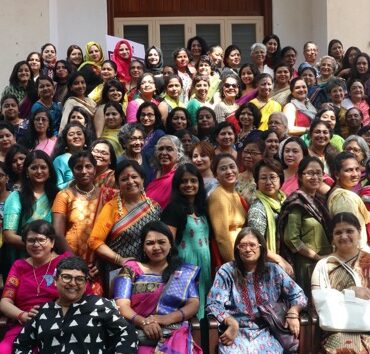
By Sowmya Rajendran

The #MeToo movement first came to India in October 2017, when US based law student Raya Sarkar put together a list of alleged sexual harassers in the Indian academia. At the time, there were several discussions in the media about how to approach ‘The List’ or LoSHA (List of Sexual Harassers in Academia) as it came to be called. Would it be ethical to report on a list which just had names without specific allegations? Especially when the names of those who made the accusations remained anonymous?
Feminists, too, were divided on the list, with one section insisting on due process and others pointing out that survivors were re-victimised by due process. Eventually, several media houses did report on LoSHA though many of the larger, mainstream ones chose to ignore it.
But in 2018, all that changed. The men who faced accusations this time around were more in the public eye, some of them from the media fraternity itself. More women were willing to come forward and name their sexual harassers, giving details of the incident (s). This led to some of those men being forced to resign from their jobs – including Minister of State MJ Akbar – or at least face an internal investigation in their place of work.
The story exploded in the entertainment industry, with men like Nana Patekar, Alok Nath and Vairamuthu facing serious allegations of sexual harassment and assault.
This time around, nobody could turn a blind eye to what was happening. Though the media reporting on the ‘Me Too’ movement was far more sensitive than what it was, say, a decade earlier (Tanushree Dutta’s allegation about Nana Patekar at the time was reported as a “tantrum”), there was scope for improvement – in what sort of questions were asked and of whom, and how the story itself was presented.
In February 2021, Journalist Priya Ramani was acquitted by a Delhi court in the defamation case filed against her by former Minister MJ Akbar. Though MJ Akbar has moved the Delhi High Court appealing against the acquittal, the verdict in the case has already made quite an impact on the #MeToo movement in India. Notably, Priya first broke her silence by publishing an article on Vogue about her harrowing experience of sexual harassment at the workplace. While she did not name her perpetrator then, she did so later, prompting MJ Akbar to file a defamation case against her. That the Delhi court not only dismissed the charges against her but also observed that a woman has the right to speak up against sexual violence and should not be silenced, is a shot in the arm for survivors and journalists who are committed to gender justice




